
Sweet Dreams Decrease Dementia
VIDEO + ARTICLE: People who get more REM sleep get less dementia. REM sleep is when dreaming occurs. Learn about the stages of sleep and their dementia links.

VIDEO + ARTICLE: People who get more REM sleep get less dementia. REM sleep is when dreaming occurs. Learn about the stages of sleep and their dementia links.

Researchers at UCI found that breathing in aromas while sleeping sparks a 226% cognitive increase.
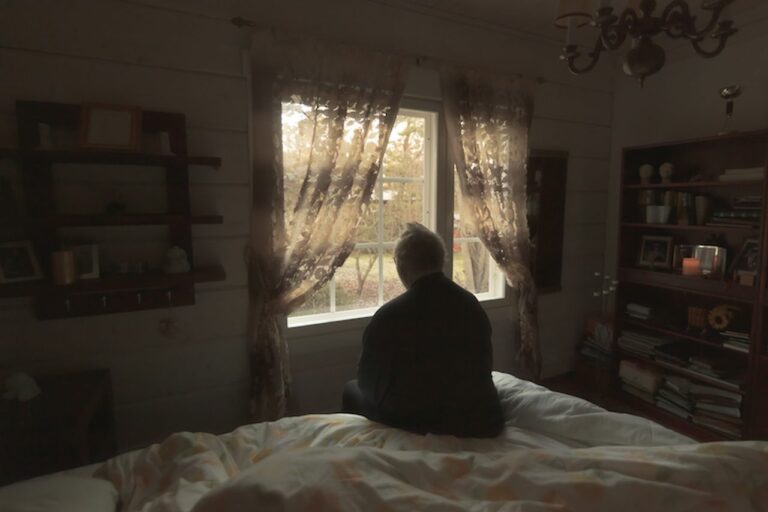
Alzheimer’s research from UVA Health suggests that enhanced light sensitivity may contribute to “sundowning” – the worsening of symptoms late in the day.
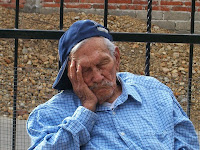
Alzheimer’s can cause difficulty falling asleep, staying asleep and awakening too early. These often lead to nighttime confusion and wandering. Doctors think they know why.

Does your loved one with Alzheimer’s suffer with insomnia? Suvorexant (BELSOMRA) could help. Learn more.

Striking out or shouting while asleep, called RBD, may be a very early warning of Lewy Body dementia. Learn what to look for and what to do about it.
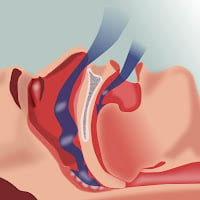
SLEEP: Research has long connected sleep apnea and Alzheimer’s. A key study looking at Alzheimer’s and sleep-disordered breathing (SDB) is opening up new “chicken-or-egg” questions:

MEMORY: Can’t remember something? Try waiting until later in the day. Researchers have identified a gene in mice that seems to influence memory recall at
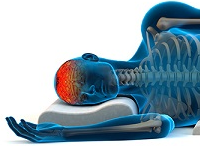
SLEEP RESEARCH: The brain’s glymphatic pathway clears harmful wastes, especially during sleep. Stony Brook researchers show this lateral position could be best for the brain-waste
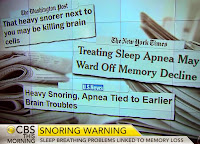
VIDEO + ARTICLE: A new study linked heavy snoring or sleep apnea to early memory loss and Alzheimer’s. However, people treating sleep breathing problems with

Getting out into the fresh air and taking a walk does good things for your brain and well-being, researchers say.

A new test that can be completed in less than three minutes enables simple, accurate detection of cognitive impairment and Alzheimer’s in cognitively normal adults, including those with no symptoms of dementia. Find out more.
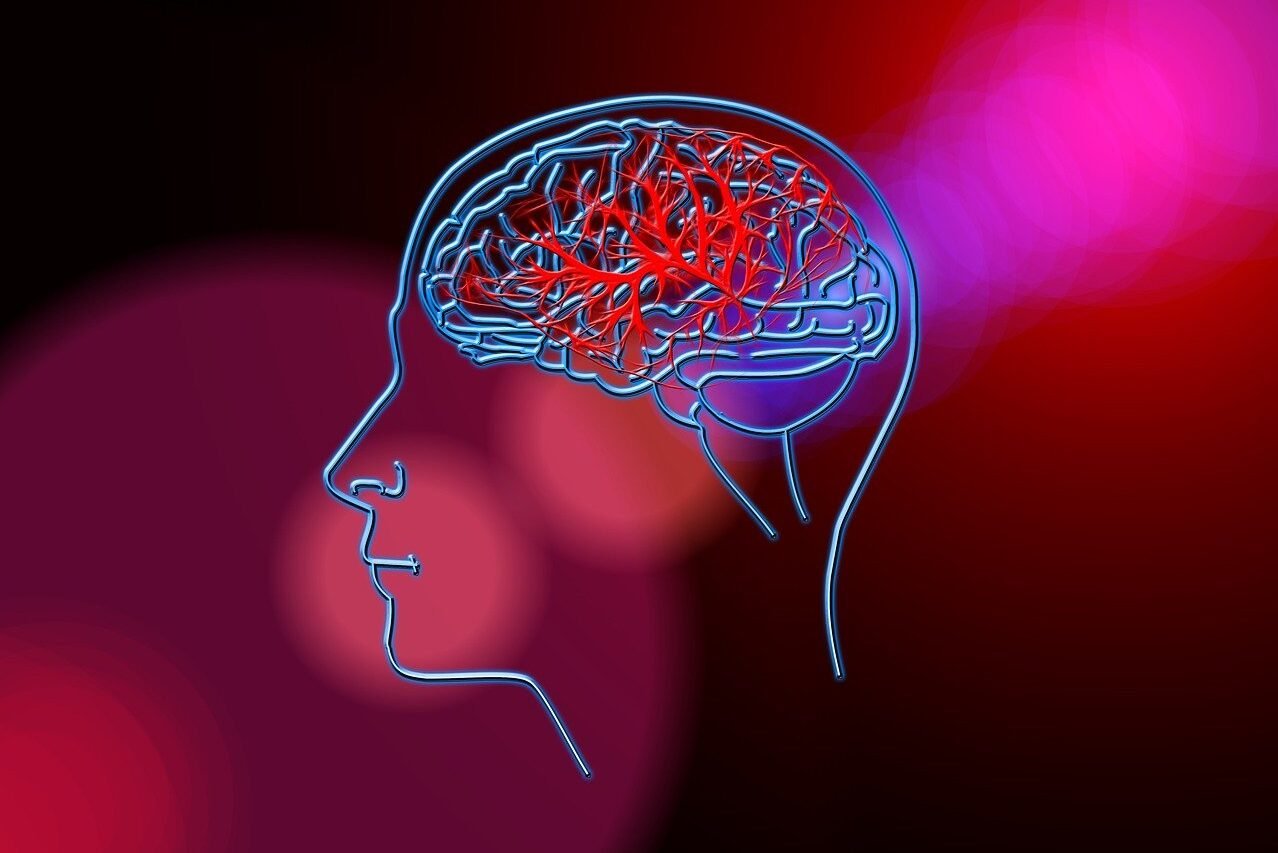
Scientists say the neurons responsible for transforming experiences into memories are always the first to go in Alzheimer’s. Now they’re taking a closer look to try to figure out why, and what to do about it.
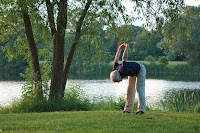
Did you know? Intellectual abilities are increased in the brain by an average 300% in most people ages 60-80.

Too much sleep and too little sleep can contribute to cognitive decline, researchers report. Learn more.

People with dementia who were consistently seen by the same General Practitioner (GP) are given fewer medicines and are less likely to be given medicines that can cause problems, according to researchers at University of Exeter. Learn more.

A deep promise to be there for an Alzheimer’s parent, this heartwarming song was written as a tribute to families facing dementia.
No spam, only news and updates.